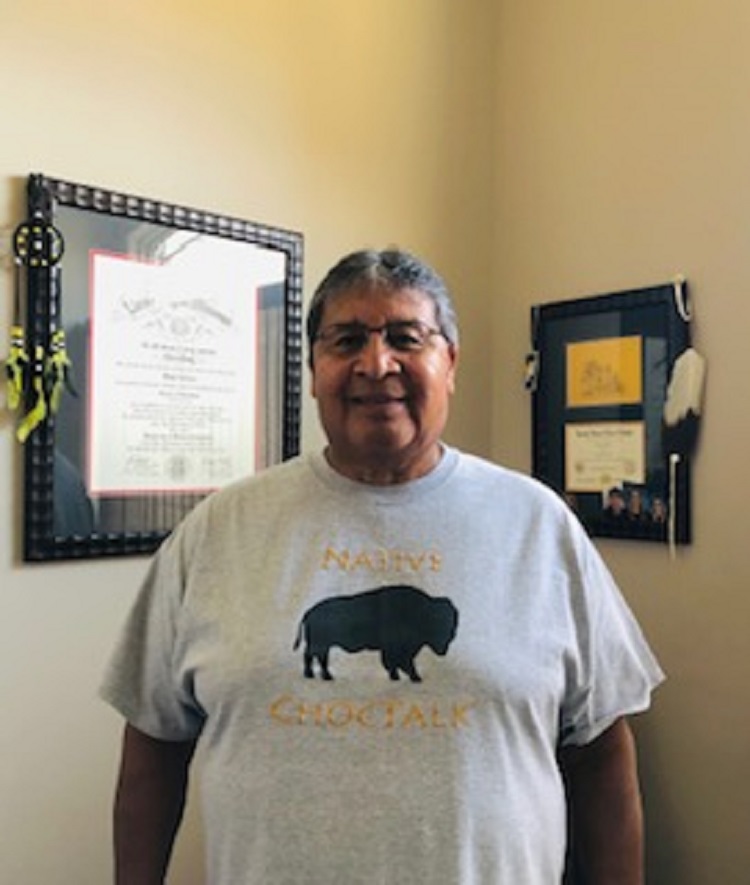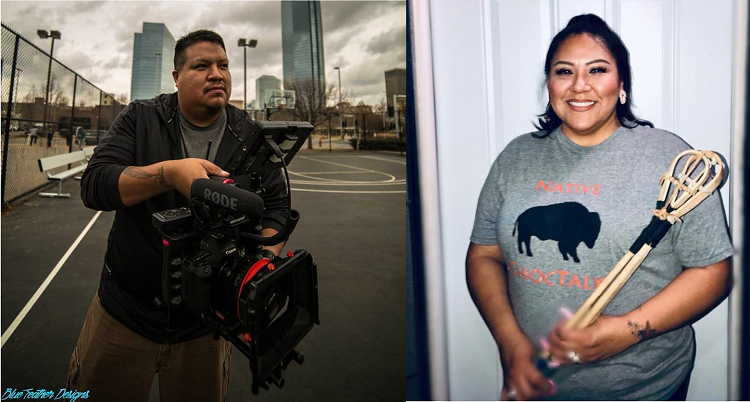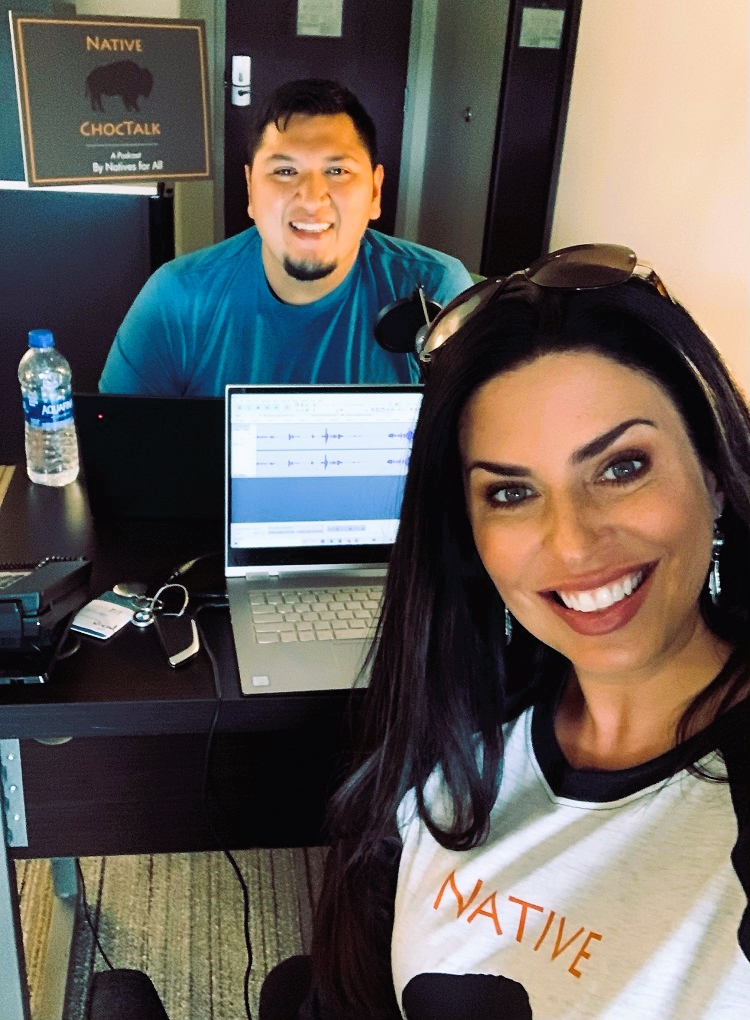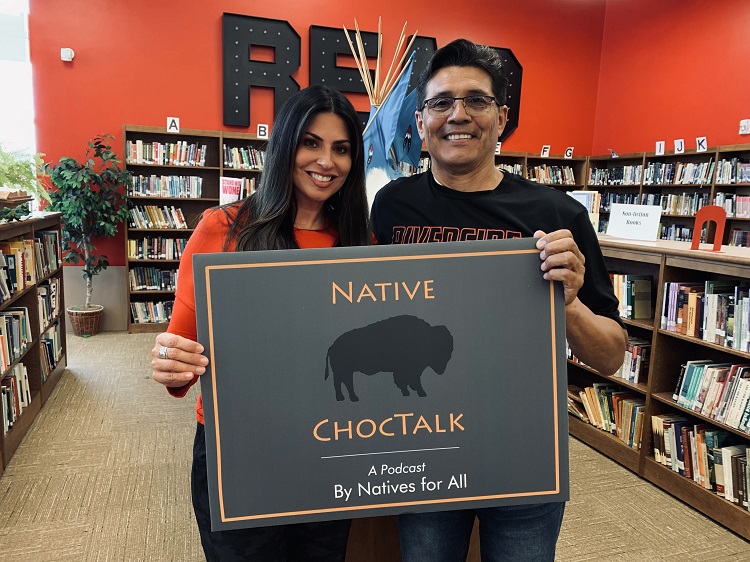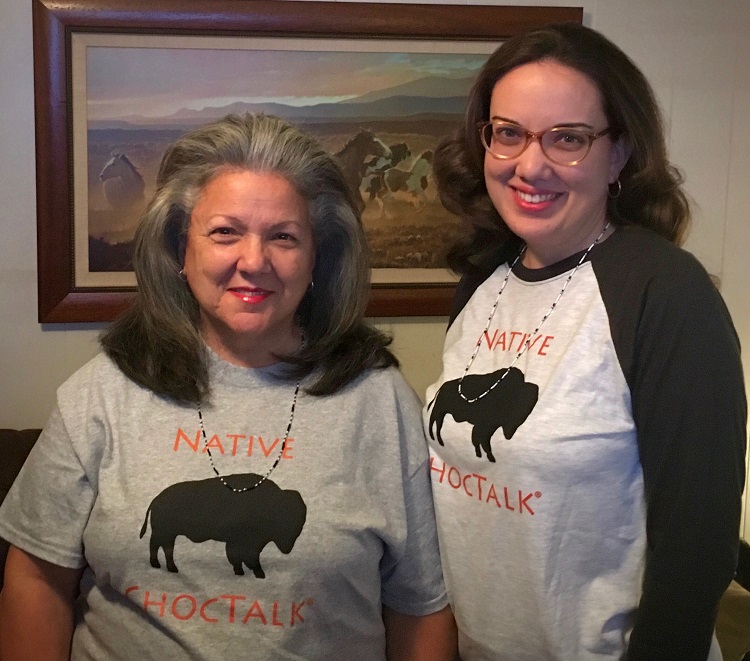“150 Years at Riverside Indian School: Timothy Yeahquo, Kiowa”
You’ve heard the heartbreaking stories of the American Indian boarding schools from years past. And the atrocious accounts continue to unfold – children of all ages being removed from their homes, a government intent on “killing the man, saving the Indian”, and innocent kids being taught to forsake their language, customs, traditions and all they had ever known.
But what about the boarding schools that were turned over to the Bureau of Indian Affairs? There’s one such school today that’s run by American Indians, whose mission is not only to teach, but also to encourage and help students to understand, learn about and preserve their history, language and culture.
Today, we celebrate the 150th anniversary of Riverside Indian School – the oldest off-reservation Native American boarding school in the United States today! And this, my friends is a boarding school that’s a far cry from the past.
Growing up in Anadarko, Oklahoma and my father working at Riverside, as well as knowing many alumni and teachers, allowed me the opportunity to see a side to this school that others may not see.
As more of these awful, yet true stories of the boarding schools have come to light, some folks have begun to lump all boarding schools of today with the stories of those of the past, assuming abuse is still taking place. Misinformation is posted on social media by people who mean well, but may have never visited Anadarko, much less Riverside Indian School, alumni or current students. Many of those current Riverside students and alumni join the conversations online, trying to correct the assumptions, to share their stories and the good experiences they’ve had. No school is perfect and not every story is favorable. But the majority have great things to say – an opportunity to go to school with others who are also Native, being taught by Native American teachers. To have this tight-knit community taken away would be detrimental to current students and incoming students of the future.
There’s so much more to this story. Be sure to listen in to hear from Timothy Yeahquo about:
• The history of Riverside and the Quakers who originally started it.
• How the Navajo contributed to keeping Riverside from closing.
• Riverside’s former names.
• 76 tribes from all over the US have attended Riverside. One can walk through the campus at times, enjoying the sound of drums echoing through the campus or watching a game of stickball being played, often times among multiple tribal nations all coming together to share their own culture and to learn of others’ as well.
For Riverside Indian School’s 150 year celebration, students have enjoyed events throughout the 2022 spring semester, such as a 150 mile run in which Eric Smith, Chickasaw bow-maker (who made the bows and arrows for the movie, “The Revenant”) attended and provided an arrow for hand-offs, a fashion show featuring Native regalia, an art show and more!
Also, alumni, students and teachers will also enjoy (at no cost):
• February 16, 2022 - Levi Platero musician
• March 26, 2022 - Adrianne Chalepah comedian (Riverside’s own alumni)
• May 19, 2022 - Senior/sesquicentennial POWWOW, followed by fireworks!
These events were eventually open and all were welcome, but considering covid concerns, these events will be for alumni only. However, Riverside wanted you listeners to know if anything changes, we promise to keep y’all posted!
Alumni, please join in and show your RIS Braves pride and support for current students!
For contributions for the upcoming events or for the students (donations for students are utilized for shoes for sports, prom dresses, hygiene products and more), please contact: Timothy Yeahquo, This email address is being protected from spambots. You need JavaScript enabled to view it., Riverside Indian School, 101 Riverside Drive Anadarko, OK 73005 (Attn: 150 Years if you’re wishing to contribute to the upcoming event.)
Listeners, please stay tuned for another future episode dedicated to the children and tragic stories of the boarding schools, with a guest who will share about the historical trauma carried forward from her own experience, as well as that of her ancestors and thousands of others. We pray for hope and healing for all who have been affected and may we never forget the innocent children who lost so much. And we wish Riverside students many blessings on their journey of education, cultural preservation, and future opportunities!
All Podcast Episodes: https://nativechoctalk.com/podcasts/
Native ChocTalk Facebook page: https://www.facebook.com/nativechoctalkpodcast

